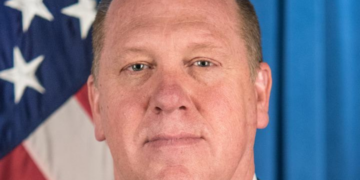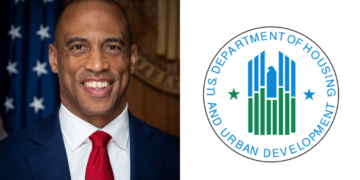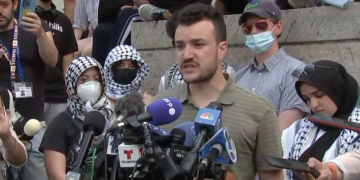The Trump administration has officially rescinded the Biden-era extension of Temporary Protected Status (TPS) for Haitian nationals. This move could lead to the deportation of more than 520,000 Haitians currently residing in the United States.
Homeland Security Secretary Kristi Noem announced the decision on Thursday, February 20th, vacating an 18-month extension granted in June 2024. Under the new directive, Haiti’s TPS designation will expire on August 3rd, 2025, unless further action is taken.
“President Trump and I are returning TPS to its original status: temporary,” Noem said in a statement.
TPS is a program that grants protection from deportation and work permits to nationals from countries experiencing armed conflict, environmental disasters, or other extraordinary conditions. Haiti was first designated for TPS in 2010 following a devastating earthquake and has remained under the program due to ongoing instability.
DHS officials defended the move, arguing that the program had been misused. “Biden and Mayorkas attempted to tie the hands of the Trump administration by extending Haiti’s Temporary Protected Status by 18 months—far longer than justified or necessary,” a DHS spokesperson said. “We are returning integrity to the TPS system, which has been abused and exploited by illegal aliens for decades.”
The decision is expected to face legal challenges. Advocacy groups, including the National TPS Alliance, have argued that DHS does not have the authority to “vacate” a prior TPS extension. In a lawsuit challenging a similar move on Venezuela’s TPS, plaintiffs claimed the administration’s actions violated statutory regulations governing the program.
Last month, Noem also rescinded the TPS extension for Venezuelan nationals, signaling a broader effort to roll back policies implemented under the previous administration.
The termination of Haiti’s TPS comes amid a larger shift in the Trump administration’s immigration policies. The White House has also restricted the use of parole programs, including halting applications for the Cuban, Haitian, Nicaraguan, and Venezuelan (CHNV) programs. Officials cited national security and fraud concerns as reasons for the policy changes.
With the new directive in place, Haitians who had previously been shielded from deportation will now have limited options unless further legal action intervenes.













